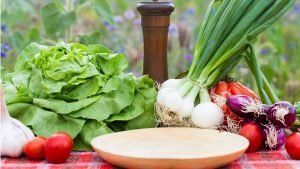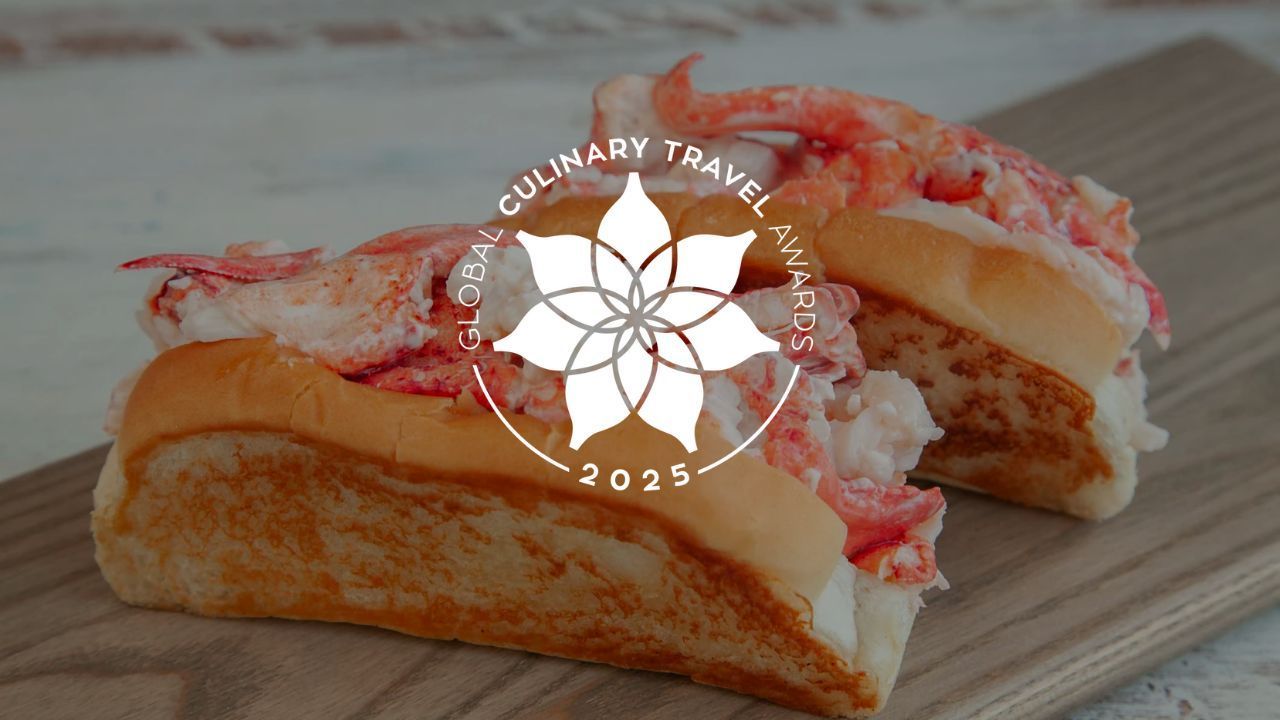Covid 19 Redefined Local Food

The Italian kitchen’s characteristics begin at the level of a village and small related areas. The definition of the “DOC” (Denominazione di Origine Controllata) is, in many cases, related to one specific village which embodies the quality of its type of food and its name is specific to this area.
The leading US grocery chain Whole Foods defines its “local” produce as produce that is grown within the state it is sold in. The American legal definition of the term “local” makes it legitimate when the distance between point of sale and origin is 400 miles (644 km) of each other or within the same state.
The increased significance of farmers markets stem from the awareness of reducing food miles, sustainability and organic or chemical-free agriculture. The direct sales of produce by farmers and producers doubled during the 1990’s and has tripled again since then. Now, with travel restrictions and the return to home cooking during the COVID-19 pandemic, the meaning of “locality” has expanded. Some products became scarce as the panic grew and the real origin of imported, essential goods became better known and recognized than before. Once the food chain was broken due to shutdowns and sometimes sporadic supply, people began to understand the true meaning of gastronomic independence.
European laws require supermarkets to mark the source of produce. The fresh produce aisles have imported products that are rare or non-existent in the location and/or season it is sold in. Swedish supermarkets sell mangoes, pineapples and lychee fruit even though the buyer lives by the equator. Apples and tomatoes are available at all times, almost everywhere. The seasonality of food has been replaced by cold storage, ripening facilities and cargo ships that move chilled containers to and from anywhere on the globe.
The meaning of “local” was replaced by “available at the supermarket”. The traditional seasonal kitchen is bypassed by commerce and the true flavour of heirloom produce is replaced by mass production plants with better shelf life and transfer adaptability.
Slow Food, the international food value movement, identify and recognize restaurants around Italy that preserve traditional flavours. That includes the use of endangered types of vegetation (biodiversity), seasonal heirloom produce and artisanal processing of food. Chefs that adopt this form of cooking are invited to join the Cooks’ Alliance , a leader of the Farm-To-Table movement.
During the pandemic, some of the most popular Google searches included words like “local dish” or “recipe”. Online shopping for raw ingredients (such as flour, rice, oil etc.) were at an all-time high while restaurants shut down. The XYZ generations re-discovered the hidden room in the house – the kitchen. Thousands of new Facebook groups and other social media sharing groups started sharing cooking know-how. Locality got a new meaning – walking distance from home. Gardening and rooftop vegetable patches, hydroponics and neighbourhood gardens all grew exponentially. Online shopping for seeds and gardening supplies skyrocketed. People got engaged with their food.
This was a continuation of a trend we have been following for the last two years, namely, putting value onto one’s plate. Nowadays, over and above the five senses, people started to assign value to what they were eating. The reason may be the intimacy of putting material into your body. It may also be the growing conversation about our world’s future and our responsibilities. It is clear that the food adventure no longer depends only on the sensory experience. It also involves our thoughts and feelings.
The pandemic hit most of us with an existential threat. We were caught off guard. A generation of consumption and comfort, enjoying the “Flat World” and experiencing cultures via food and entertainment was placed in a situation of shortages. Stocking food became a replacement for mall shopping and cooking skills were a way to pass the time as we were forced to spend at home. Cooking became a communal language and cooking international food became a substitute for travel.
When food travel represented for many the peak of our travel expectations – the pandemic turned those energies into a new way of food exploration. If a few months ago we were talking of a “lost generation” that stuck to consuming alcohol and snacks, Deliveroo’s and dining out, now we are talking about a new generation of home cooks. Many see this as the light at the end of the tunnel. Once tourism will get back on track, chances are that travelers will seek food experiences even more than before. The home training for locality and food culture will translate into seeking food in other destinations.
COVID has been a devastating experience for most of the travel industry professionals. Many will be forced to change jobs to find new sources of income. Those who managed to survive, rebrand and kept afloat will find a challenging but better market in a few years. Authenticity, locality and seasonality will be better understood after the storm and food attractions will be part of a language more of us will speak fluently.
See you after the pandemic, and keep safe,
Authored By: Udi Goldschmidt, CCTP, Food anthropologist and WFTA Ambassador of Israel











